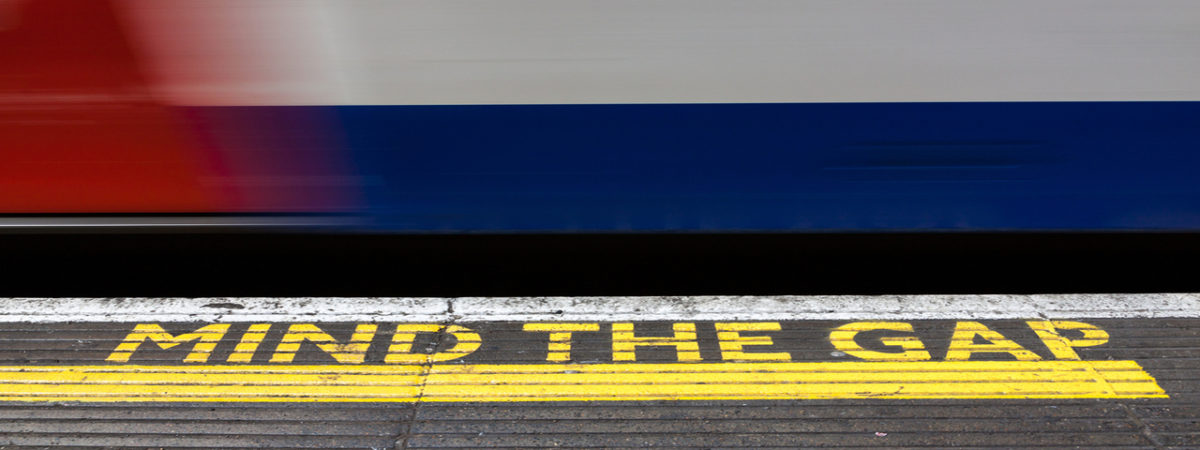New sugar levy will cost taxpayers billions & do more harm than good
SUGGESTED

IEA releases report on the politicisation of pay policies

Reaction to gender pay gap research

IEA releases new report on the sugar levy
- Obesity has risen while sugary drink sales have fallen sharply, and that there’s no link between sugary drink consumption and obesity if you look country-by-country.
- The steep decline of sugary drinks – consumption has fallen 45% since 2003 – has been driven by consumers shifting to low-calorie alternatives, which are set to overtake the sales of sugary drinks.
- Sugary drinks are often claimed to be the largest single source of sugar for under 18s. This is only true if fruit juice is included. Teenagers get 5.1% of their calories from soft drinks. Younger children and adults get even less (2.3% and 2.4% respectively).
- There is no correlation between childhood obesity and soft drink consumption when we look at the international picture. In Belgium, 35% of 15 years olds consume sugary drinks daily, with 15% of children classed as overweight or obese. In Greece, just 6% of 15 year olds consume soft drinks every day, yet the overweight and obesity rate is over 40%.
- Sugary drinks taxes in other countries have been associated with a rise in the sale of fruit juice, milkshakes and alcohol. In the US, a moderate reduction in calorie intake from soft drinks was completely offset by consumption of other high-calorie drinks.
- If the aim of the sugar levy is to encourage reformulation, it’s difficult to see how the industry can go further. There is no more sugar to be removed from diet drinks – which represent 50% of the market – whilst companies will not change the recipe of popular original brands. Regular Coke and Pepsi make up a quarter of the market
- This leaves just a quarter of the existing market which can plausibly be reformulated, including brands unlikely to change, such as Irn-Bru, and brands already reformulated, such as Oasis.
- For many brands of soft drinks, the levy provides no incentive to further reduce sugar levels, meaning that manufacturers have the perverse incentive to raise sugar levels in reduced-sugar drinks up to the limit of the tax bracket they are in.
- The OBR has suggested the levy will increase the inflation rate by a quarter of a per cent in 2018-19 – equivalent of adding £1bn to accrued interest payments on index-linked gilts. This will raise the costs of index-linked salaries, pensions and benefits by several millions of pounds, arbitrarily punishing the entire population.
- The levy will also require taxpayers’ money to be spent on enforcement and administration, meaning that the sugar levy will be loss-making for at least its first few years.
- If tackling obesity is to be a government priority, it should be funded through general taxation, not a regressive sugar tax.



